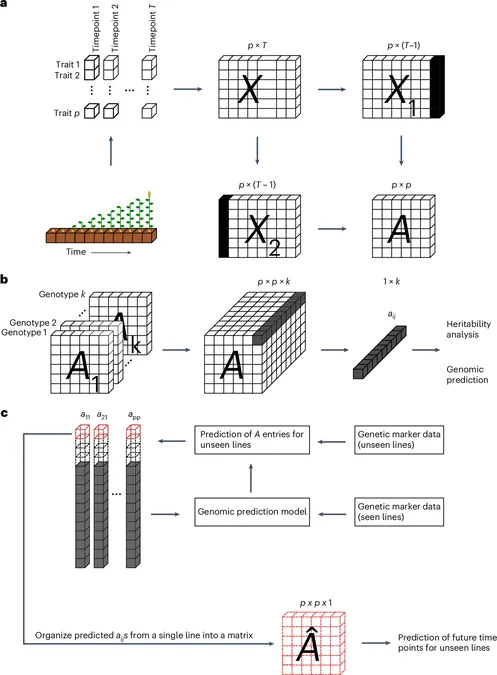
New Research Reveals Alarming Link Between Maternal Diabetes and Autism Risk in Children
2025-04-07
Author: Arjun
A comprehensive new study has intensified concerns regarding the potential impact of maternal diabetes during pregnancy on childhood neurodevelopmental disorders, including autism. Research published in The Lancet Diabetes & Endocrinology highlights a staggering 28% increase in the likelihood of children developing various brain and nervous system issues when their mothers have diabetes during pregnancy.
The study, which involved analyzing data from over 202 previous studies encompassing more than 56 million mother-child pairs, lays bare some critical statistics: children born to mothers with diabetes are 25% more likely to be diagnosed with autism, 30% more at risk for attention deficit hyperactivity disorder (ADHD), and 32% more likely to experience intellectual disabilities. Furthermore, these kids also face a 20% higher risk of communication difficulties, a 17% increased chance of movement issues, and a 16% greater likelihood of learning disorders compared to those whose mothers did not suffer from diabetes during pregnancy.
Interestingly, the study differentiated between two types of diabetes: pre-existing diabetes prior to pregnancy poses a massive 39% greater risk for neurodevelopmental disorders when compared to gestational diabetes, which occurs during pregnancy and often resolves after childbirth.
In the U.S., maternal diabetes is a pressing public health concern, affecting up to 9% of pregnancies, with its prevalence steadily rising, per the Centers for Disease Control and Prevention. This situation underscores the urgent need for improved medical support for women at high risk of developing diabetes and ongoing monitoring of their children's development.
While seven previous studies analyzed siblings to assess the impact of maternal diabetes, none found a significant correlation, suggesting that genetic or familial factors could be at play, according to the authors of the study.
Dr. Magdalena Janecka, a researcher at NYU Grossman School of Medicine who specializes in the relationship between prenatal exposures and child development, emphasized that while meta-analyses such as this one provide valuable insights, they do not definitively establish cause and effect. "These analyses allow for precise subgroup comparisons, yet they fall short of elucidating the underlying causes or mechanisms involved," she explained.
This study arrives amidst discussions around other controversial topics, such as the debate over vaccines and their potential connection to autism—claims that have been thoroughly discredited by scientific consensus. As health officials push for further exploration into maternal health's influence on a child's development, it is becoming increasingly clear that understanding and addressing maternal diabetes is a critical part of safeguarding future generations and their cognitive wellness.
This revelation serves as a wake-up call for expectant mothers and healthcare professionals alike: vigilance and proactive measures are essential in navigating the complexities of maternal health and its profound effects on children's lives.



 Brasil (PT)
Brasil (PT)
 Canada (EN)
Canada (EN)
 Chile (ES)
Chile (ES)
 Česko (CS)
Česko (CS)
 대한민국 (KO)
대한민국 (KO)
 España (ES)
España (ES)
 France (FR)
France (FR)
 Hong Kong (EN)
Hong Kong (EN)
 Italia (IT)
Italia (IT)
 日本 (JA)
日本 (JA)
 Magyarország (HU)
Magyarország (HU)
 Norge (NO)
Norge (NO)
 Polska (PL)
Polska (PL)
 Schweiz (DE)
Schweiz (DE)
 Singapore (EN)
Singapore (EN)
 Sverige (SV)
Sverige (SV)
 Suomi (FI)
Suomi (FI)
 Türkiye (TR)
Türkiye (TR)
 الإمارات العربية المتحدة (AR)
الإمارات العربية المتحدة (AR)